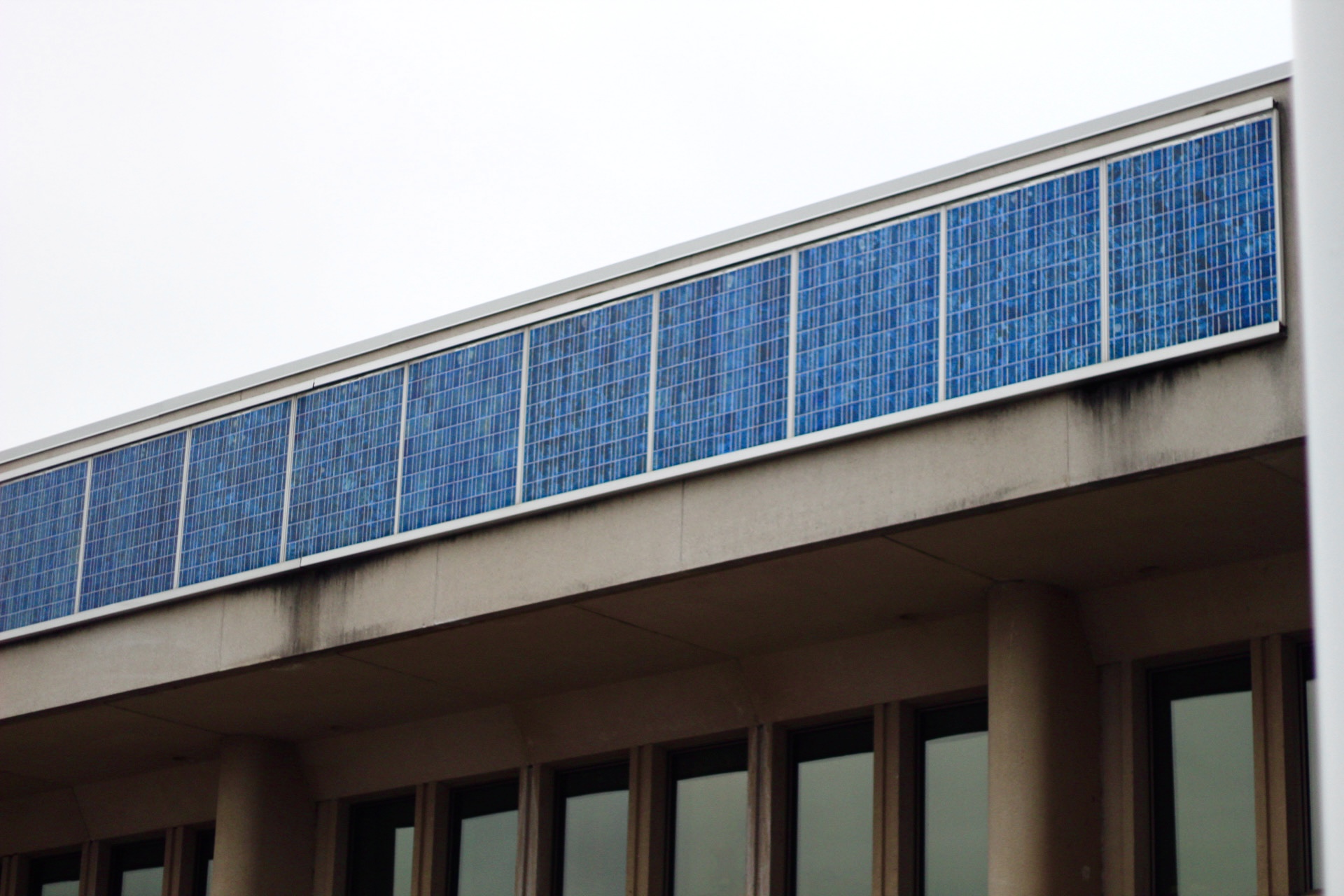The human cost of green energy
The exploitation of vulnerable communities in mineral-rich regions like the Congo raises urgent questions about the sustainability of our technological advancements.
In the quest for a greener future, the world has pinned its hopes on sustainable technologies, which are hailed to be the panacea for environmental degradation and climate change. Central to this vision are the rechargeable batteries powering everything from electric vehicles to renewable energy storage systems. However, behind the sleek facades of these eco-friendly innovations lies a grim reality: the exploitation of vulnerable communities. This is particularly evident in regions like the Democratic Republic of Congo (DRC), where minerals like cobalt and copper are extracted under conditions akin to modern-day slavery.
At the heart of this issue is the uncomfortable truth that the minerals essential for manufacturing these batteries are largely sourced from the Congo, where adults and children toil in hazardous conditions for meager wages, often working for less than two dollars a day. The irony is glaring: our pursuit of sustainability is built on the backs of those trapped in a cycle of poverty and exploitation while their lives are sacrificed at the altar of progress. This raises profound questions about the ethical and moral dimensions of our so-called sustainable technology and the policies that underpin it.
Sustainability, by its very definition, should encompass environmental, social, and economic dimensions. Yet, in our eagerness to mitigate climate change and reduce carbon emissions, we have inadvertently turned a blind eye to the human rights abuses and environmental degradation inherent in the global supply chains of key renewable energy components. The DRC, rich in cobalt reserves, has become emblematic of this paradox, where the pursuit of green energy clashes with the harsh realities of resource extraction.
The implications of this ethical dilemma are significant and extend far beyond the borders of the Congo. Firstly, the dilemma exposes the inherent contradictions within our current approach to sustainability. How can we claim to be building a greener, more equitable world when the very foundation of our efforts rests on the exploitation and suffering of marginalized communities? The narrative of progress becomes deeply flawed when it relies on the perpetuation of human rights abuses and socioeconomic inequalities.
Moreover, the reliance on minerals sourced from conflict-prone regions like the Congo poses significant geopolitical risks and undermines efforts to promote peace and stability in these areas. The scramble for resources fuels corruption, exacerbates existing conflicts, and promotes a cycle of violence that further marginalizes vulnerable populations. Thus, our dependence on these minerals not only perpetuates human suffering but also undermines broader peace and security objectives.
Furthermore, the environmental toll of resource extraction in regions like the Congo is staggering. Unregulated mining practices ravage landscapes, pollute waterways, and degrade ecosystems, leaving behind a trail of environmental destruction. The true cost of green energy must account for these ecological consequences, challenging the simplistic narrative that portrays renewable technologies as inherently benign.
In light of these challenges, it is imperative to rethink our approach to sustainability and prioritize a more holistic understanding of what it truly means to build a greener future. This requires a fundamental shift in our mindset, moving away from a narrow focus on technological solutions toward a more nuanced appreciation of the interconnectedness between environmental integrity, social justice, and economic equity.
First and foremost, we must acknowledge the agency and rights of communities impacted by resource extraction, ensuring their meaningful participation in the decision-making processes that affect their lives and livelihoods. This necessitates robust mechanisms for transparency and accountability throughout global supply chains, from mining sites to manufacturing facilities to end consumers.
Additionally, efforts to promote sustainable technology must be accompanied by initiatives aimed at diversifying mineral sources and reducing reliance on conflict-prone regions. This could involve investing in the research and development of alternative materials, promoting recycling and circular economy practices, and supporting responsible sourcing initiatives that prioritize ethical labor practices and environmental sustainability.
Furthermore, international cooperation and multilateral frameworks are essential to address the root causes of resource-related conflicts and promote peacebuilding efforts in regions like the Congo. Diplomatic engagement, targeted development assistance, and capacity-building initiatives can help address governance challenges, strengthen institutions, and empower local communities to benefit equitably from their natural resources.
Ultimately, pursuing sustainability cannot come at the expense of human rights and dignity. Our vision of a greener future must be inclusive and respectful of the inherent worth and rights of all people. By confronting the human cost of green energy and reevaluating our current approach to sustainability, we can aspire to build a more just and sustainable world for present and future generations.
The exploitation of vulnerable communities in the Congo and other resource-rich regions highlights the urgent need to reassess the true sustainability of our current energy technologies and policies. The pursuit of green energy must not be divorced from the humanitarian realities of its production processes. Only by addressing the ethical, social, and environmental dimensions of sustainability can we truly embark on a path towards a more equitable and sustainable future.
Associate News Editor (Volume 50) — Karine is currently completing her bachelor’s degree specializing in Digital Enterprise Management at UTM. She has been involved with The Medium since 2022 as a contributor. She hopes to contribute to society's efforts to provide authentic and factual journalistic media to educate her readers during her time at The Medium. Her goal is to take her interest in ongoing research within the business and technology field and explore ways to share it with others through this platform. In her spare time, she enjoys going on walks, FaceTiming her family, and painting sunsets with her friends. Moreover, she passionately pursues the chase of the Aurora Borealis, seeking to experience and capture the breathtaking beauty of these natural light displays. You can connect with her on LinkedIn.


